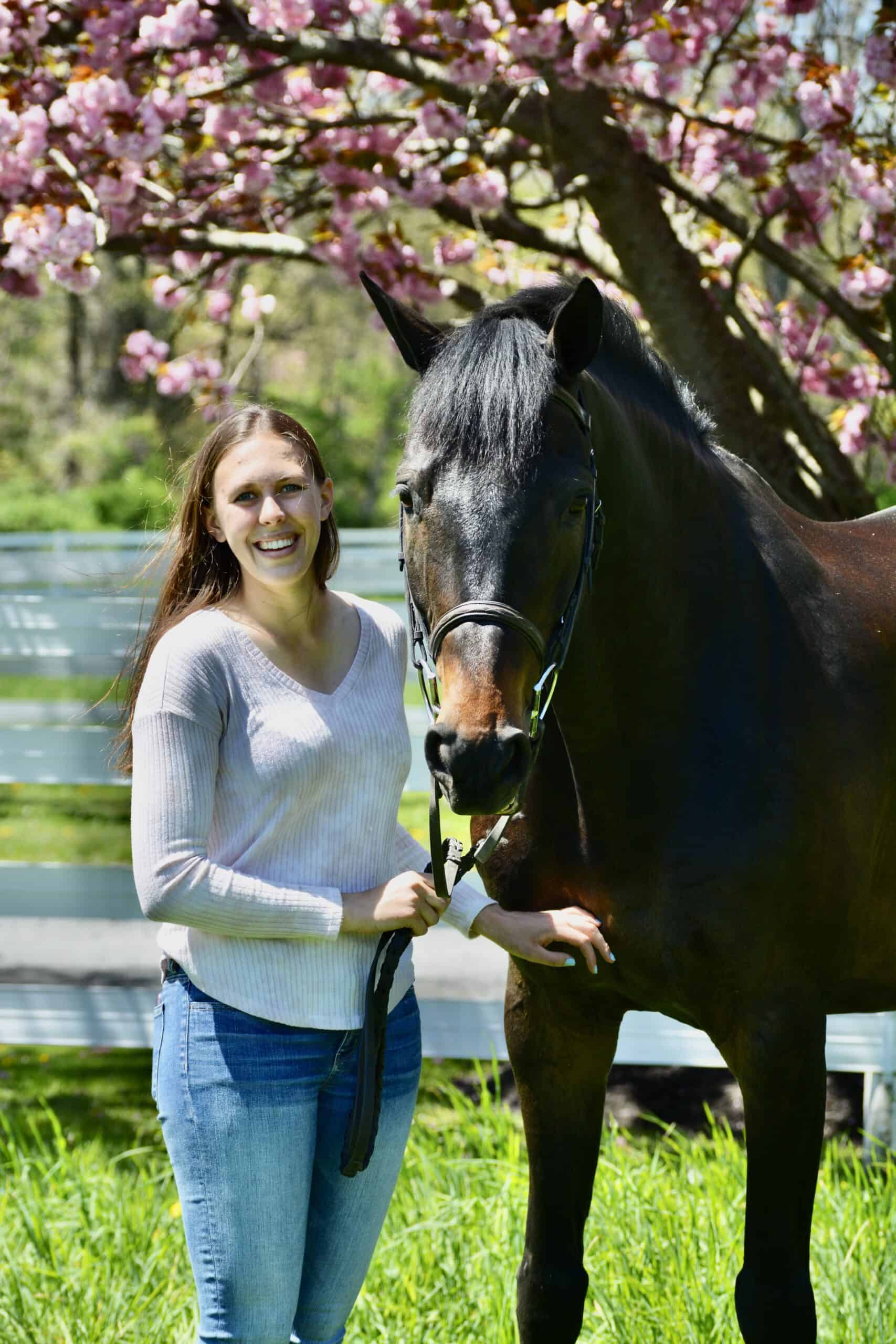How to Make Equine Veterinary Practice Sustainable

In recent years the equine veterinary industry has started evolving to meet the personal needs of equine veterinarians and their support staff. Many of these changes allow veterinarians to have a better work-life balance, which in turn improves their mental health and practice employee retention and can make businesses more profitable. Five veterinarians shared their insights on creating sustainability in equine practice during Merck Animal Health’s Sunrise Session at the 2023 American Association of Equine Practitioners Convention, held Nov. 29-Dec. 3 in San Diego, California.
Panelists included Shane Baird, DVM, of Mobile Veterinary Services in Wheat Ridge, Colorado; Michael Clark, DVM, owner of South Sound Equine Practice in Tenino, Washington; Stacey Cordivano, DVM of Clay Creek Equine Veterinary Services in Chadds Ford, Pennsylvania; and Wendy Krebs, DVM, shareholder at Bend Equine Medical Center, in Oregon. Cara Wright, DVM, MS, IVCA, senior equine professional services veterinarian at Merck Animal Health, in Rahway, New Jersey, moderated the discussion.
How Can Veterinarians Promote Industry Changes?
Practices that have moved to a four-day work week, such as Krebs’, have helped improve work-life integration via improved efficiency on workdays but without any negative impact to their financial production. Bend Equine’s veterinarians work overlapping schedules that allow them to balance personal needs with their veterinary careers. Additionally, dedicated emergency veterinarians reduce on-call burdens.
Veterinarians should be clear with clients regarding when they are and aren’t available, noted Clark, and be prepared to enforce boundaries if clients do not initially respect them. “Be confident in your boundaries and practice setting them,” he said.
The panelists said some practices have seen positive results from implementing telehealth appointments for established clients. This gives practices an opportunity to charge for veterinarian advice and expertise while working with clients via phone call, email, or text, which ensures owners feel heard and problems can be addressed in a timely manner.
How Can Veterinarians Set Career Expectations for Students?
Veterinarians and veterinary school faculty need to explain to students that the seven-day work week is outdated, agreed the panelists. They encouraged practitioners to be honest with students and younger veterinarians about past struggles within their practices and highlight the improved work-life balance in equine practice today.
Veterinarians in practice leadership roles should involve associate veterinarians in discussions about the costs associated with running a veterinary practice and the revenue necessary to continue serving patients. The panelists agreed associate veterinarian salaries should be sustainable for both parties. This might mean the practice needs to increase its client fees to cover the salary for a qualified associate. Recent veterinary school graduates and associates must understand the relationship between generating revenue and their salary, which includes charging for their time and expertise.
How Can Veterinarians Make Emergency Care Sustainable?
The panelists agreed that many practices can benefit from restricting emergency care to regular clients or modifying policies to share on-call duties with other practices in the area. Implementing these policies can also help veterinarians maintain their boundaries with regular clients.
Often the clients a practice wants to have are understanding of emergency-care boundaries, and they rarely resent veterinarians who stick to these boundaries, the panelists agreed.
Take-Home Message
Making equine veterinary practice sustainable can help increase the number of practicing equine veterinarians, but it is an effort that requires cooperation between practice leadership, established veterinarians, veterinary students, and veterinary schools. When working to improve sustainability in a practice, team members must set clear boundaries for their clients and be firm about them. They must also encourage open communication within the practice about ways to improve employee satisfaction and retention.
Additional 2023 Wellness Coverage:

Written by:
Haylie Kerstetter
Related Articles
Stay on top of the most recent Horse Health news with















